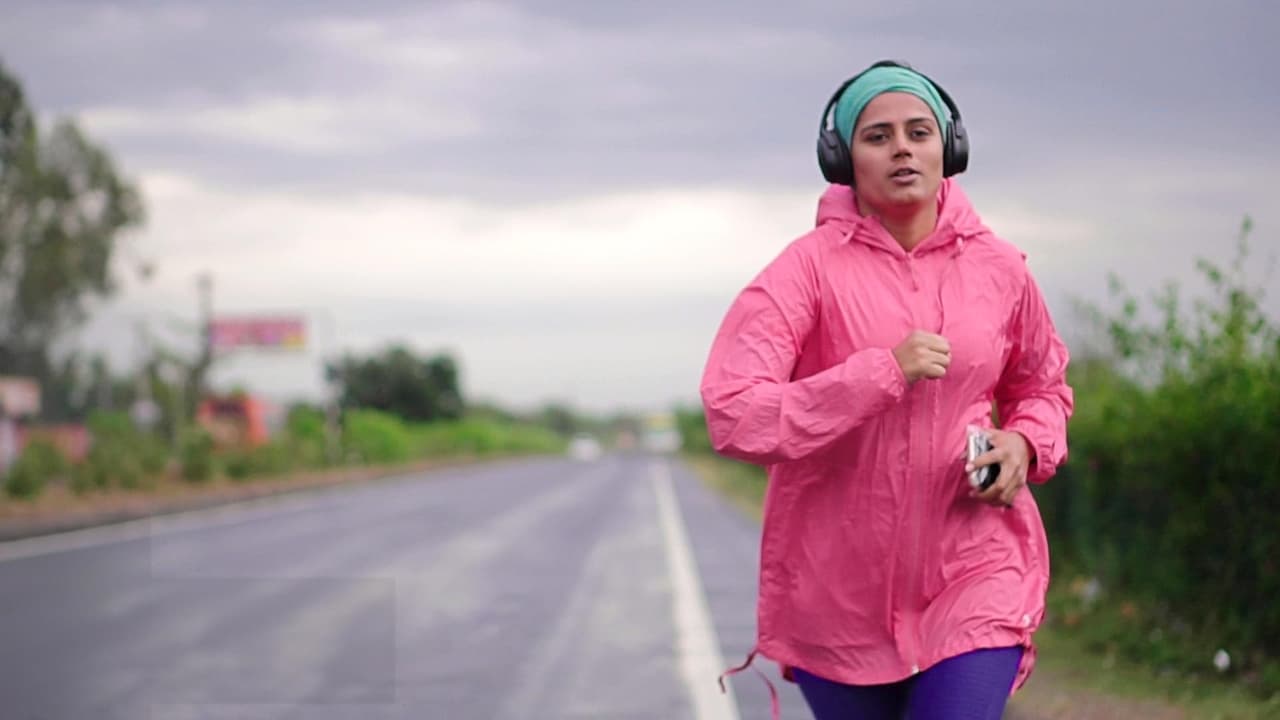

WOMB: Women of My Billion(2021)
A young woman, Srishti Bakshi embarks on a monumental journey, walking almost 4000km over 240 days, from Kanyakumari in the south, to Kashmir, in the North, along the way meeting and learning first hand about the experiences of many women from all corners of India. WOMB is a poignant and heart warming documentary exploring the social and political issues faced by women of today’s India. It is a unique testament to seemingly insurmountable challenges in these unprecedented times and the everyday sheroes who are battling to overcome.


Movie: WOMB: Women of My Billion
Top 4 Billed Cast

WOMB: Women of My Billion
HomePage
Overview
A young woman, Srishti Bakshi embarks on a monumental journey, walking almost 4000km over 240 days, from Kanyakumari in the south, to Kashmir, in the North, along the way meeting and learning first hand about the experiences of many women from all corners of India. WOMB is a poignant and heart warming documentary exploring the social and political issues faced by women of today’s India. It is a unique testament to seemingly insurmountable challenges in these unprecedented times and the everyday sheroes who are battling to overcome.
Release Date
2021-06-17
Average
0
Rating:
0.0 startsTagline
Genres
Languages:
Englishहिन्दी
Similar Movies
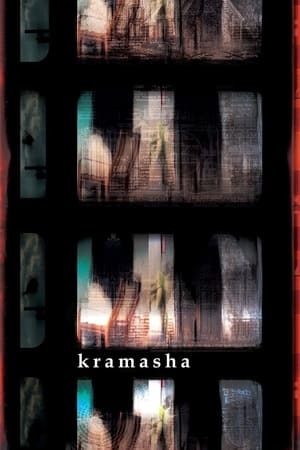 6.5
6.5To Be Continued(hi)
An ascetic walks through the narrow streets of a village every morning while his family is still asleep. In his semi-somnolent state he dreams about the history of the village mixing up myths, folklore and facts.
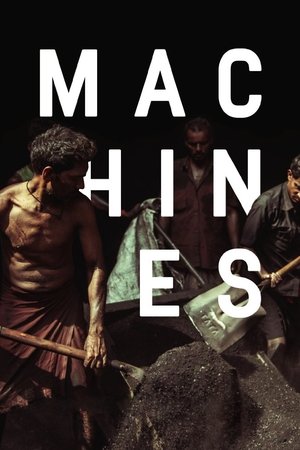 6.1
6.1Machines(hi)
This portrayal of the rhythm of life and work in a gigantic textile factory in Gujarat, India, moves through the corridors and bowels of the enormously disorienting structure—taking the viewer on a journey of dehumanizing physical labor and intense hardship.
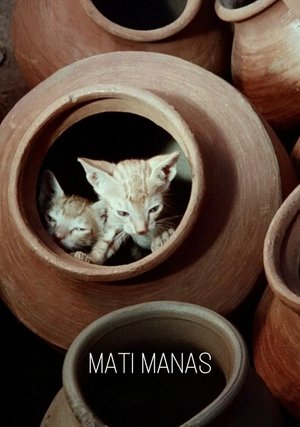 5.7
5.7Mind of Clay(hi)
In a poetic hour and a half, director Mani Kaul looks at the ancient art of making pottery from a wide variety of perspectives.
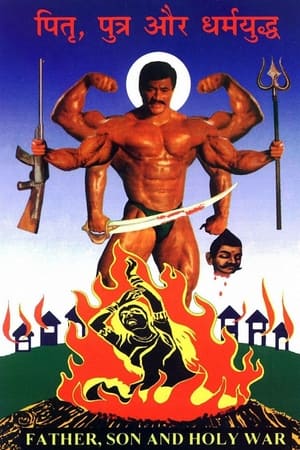 7.5
7.5Father, Son and Holy War(hi)
Filmmaker Anand Patwardhan looks to history and psychology as he delves into the possible reasons behind the demolition of the Babri Mosque.
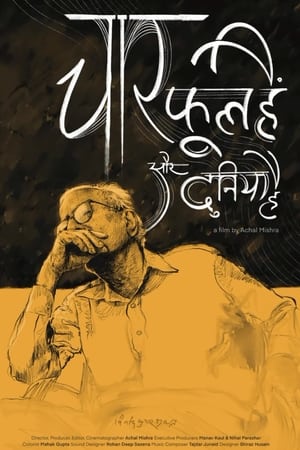 0.0
0.0Chaar Phool Hain Aur Duniya Hai(hi)
A meandering brook of moments from two afternoons spent with Vinod Kumar Shukla, his wife and son at their home in Raipur, saunters between the mingling geographies of past, present and future, drifting in and out of pauses – to ponder, to reflect, to reminisce, and to share.
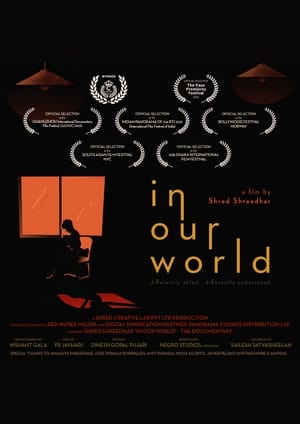 0.0
0.0In Our World(hi)
“Special,” “Gifted,” “Different,”… Despite the vast inventory of words to describe children who are on the Autism Spectrum, we still understand so little about their worlds outside of the medical lens. In Our World follows 3 children in their day-to-day lives – swimming classes, horse-riding, music lessons, special moments with their parents and therapists – and so much more, converging into a narrative that spells hope. The documentary aims to reveal the intricacies of their world and perhaps pave the way for OUR world, and for both to coexist with empathy and kindness.
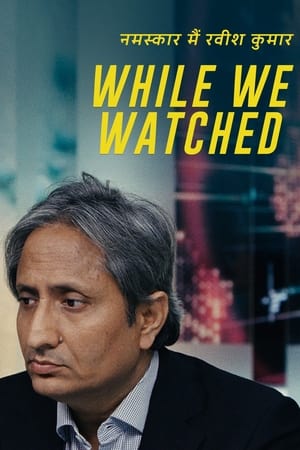 7.8
7.8While We Watched(hi)
A turbulent newsroom drama that intimately chronicles the working days of broadcast journalist Ravish Kumar as he navigates a spiraling world of truth and disinformation.
Jamna - The River Story(hi)
The river Yamuna, known to the locals as 'Jamna', the lifeline of Delhi, is going through a major crisis due to pollution, mismanagement and sheer ignorance. A documentary crew tries to make sense of the situation by talking to different stakeholders and Shyam - a boatman who relies on the river for his livelihood.
Beyond Ratings(hi)
Three women share their experience of navigating the app-world in the metro city. The sharings reveal gendered battles as platform workers and the tiresome reality of gig-workers' identities against the absent bosses, masked behind their apps. Filmed in the streets of New Delhi, the protagonists share about their door-to-door gigs, the surveillance at their workplaces and the absence of accountability in the urban landscape.
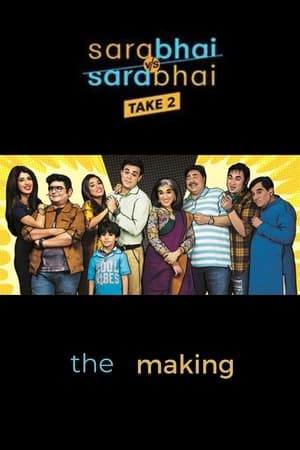 0.0
0.0Sarabhai vs Sarabhai Take 2: The Making(hi)
Takes the audience behind the artistry, intellectual spirits, and production of the second season of the holy grail of Indian sitcom.
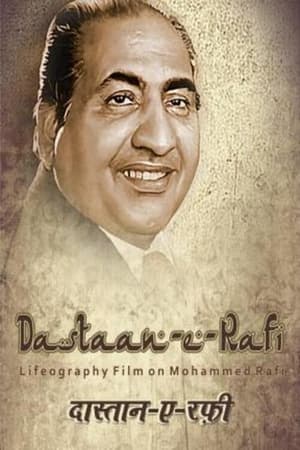 0.0
0.0Dastaan-E-Rafi(hi)
The biography of one of the greatest playback singers of Hindi cinema, Mohammed Rafi is a trip down memory lane. Fans of Rafi will love Dastaan E Rafi, a biography of celebrated singer Mohammed Rafi that showcases the celebrated singer’s extraordinary journey. The award-winning film by Shemaroo traces his life from his birth in Amritsar, to his struggle in Bombay before he got his break and his rise to stardom.
 0.0
0.0A Fly on the Wall(hi)
Follows the final days of Chika Kapadia, given four months to live, who has chosen to end his life through physician-assisted suicide at Dignitas in Switzerland. The filmmakers, tasked with documenting Kapadia’s countdown to death, capture both his journey and their own emotional response.
 0.0
0.0CycleMahesh(hi)
When a lockdown is announced in India, 22-year-old Mahesh finds himself stranded and decides to travel home on a rickety bicycle. He covers about 2,000 kilometers in seven days. It turns him into a national media hype.
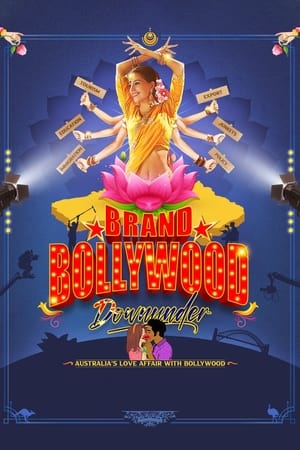 0.0
0.0Brand Bollywood Downunder(en)
When most people think about Australia, they picture massive sandy beaches, singlet-clad locals drinking beer, and kangaroos bounding through the dusty red outback. Saris, musical numbers, and masala are the furthest from anyone's mind - unless of course, you're one of the millions of Bollywood fans from around the world.
 6.1
6.1India Cabaret(hi)
A documentary exploring the "respectable" and "immoral" stereotypes of women in Indian society told from the point of view of 2 strip-tease dancers in a cabaret house in Bombay.
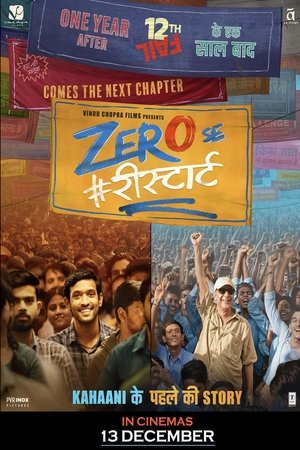 0.0
0.0Zero Se Restart(hi)
Offers an exclusive behind-the-scenes look at the making of the critically acclaimed film 12th Fail. Featuring Vikrant Massey and visionary director Vidhu Vinod Chopra, the documentary reveals the untold challenges, meticulous efforts, and sheer determination that shaped the movie's success. From Massey's commitment to authenticity-aging his costumes himself-to Chopra's relentless pursuit of excellence, Zero Se Restart captures the resilience and teamwork essential to creating cinematic magic.
 5.3
5.3Yo Yo Honey Singh: Famous(hi)
He was an ordinary boy with extraordinary dreams. This intimate documentary traces the rise, fall and comeback of Indian rapper Yo Yo Honey Singh.
 6.5
6.5I Am(hi)
I Am is a 2011 Indian anthology film by Onir. It consists of four short films: "Omar", "Afia", "Abhimanyu", and "Megha". Each film shares the common theme of fear and each is also based on real life stories. The film was financed by donations from more than 400 different people around the world, many of whom donated through social networking sites like Facebook. There are four stories but the characters are interwoven with each story. "Abhimanyu" is based on child abuse, "Omar" on gay rights, "Megha" is about Kashmiri Pandits and "Afia" deals with sperm donation. I Am was released with subtitles in all regions as six different languages are spoken in the film: Hindi, English, Kannada, Marathi, Bengali and Kashmiri.
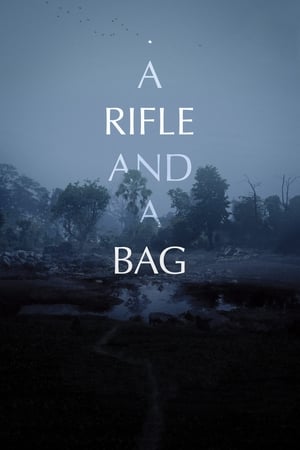 5.3
5.3A Rifle and a Bag(hi)
Somi is pregnant with her second child. A girl, she hopes. Together with her husband she prepares for this new phase of their parenthood. It means that their son has to go to school, but as an ex-Naxalite that is tough to achieve in contemporary India, where people like them are third-rate citizens. They lack the certificates and an opaque bureaucratic process doesn't help. Directors Isabella Rinaldi, Cristina Hanes and Arya Rothe of the NoCut Film Collective concentrate on Somi's close family ties, painting a portrait of ex-Naxalites in India. Once, Somi and her husband were communist rebels fighting for the rights of Indian tribes. However, to safeguard their family's welfare, they surrendered to the government in exchange for marginal compensation and simple accommodation.
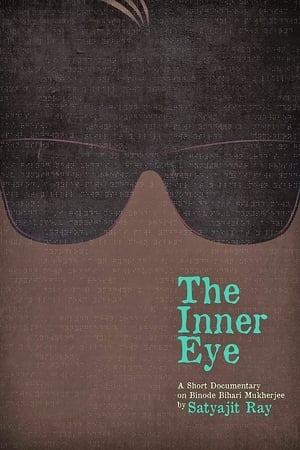 5.4
5.4The Inner Eye(hi)
At the age of 54, Binode Bihari Mukherjee, an accomplished painter, lost his sight following an unsuccessful cataract operation. He continued to create art despite his loss of sight. The documentary explores Binode Bihari’s inner eye that guides his fingers to create art.